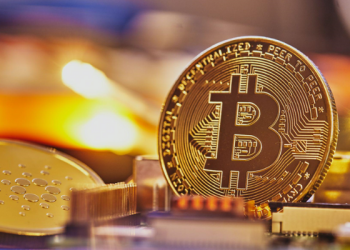Former Coinbase product manager Ishan Wahi and his brother Nikhil Wahi have reached a settlement with the U.S. Securities and Exchange Commission (SEC) over insider trading charges, the agency announced on Tuesday. The SEC accused the brothers of participating in a scheme to trade ahead of announcements regarding nine crypto asset securities that would be listed on the Coinbase platform.
The charges were initially filed against the Wahi brothers on July 21, 2022. According to the SEC, Ishan Wahi, who had access to confidential information about upcoming listing announcements, shared this information with his brother Nikhil and his friend Sameer Ramani between June 2021 and April 2022. Nikhil and Ramani allegedly purchased at least 25 crypto assets, including nine securities, and sold them shortly after, making a profit of approximately $1.1 million.
The SEC’s director of the Division of Enforcement, Gurbir S. Grewal, emphasized that the federal securities laws apply to crypto asset securities as well, stating that “the conduct is not” new, although the technologies involved may be. The SEC clarified that insider trading is prohibited, regardless of the asset being traded.
As part of the settlement, the Wahi brothers agreed to disgorge their gains and pay interest. Additionally, they pleaded guilty to conspiracy to commit wire fraud, as charged by the Department of Justice. Ishan Wahi is facing a two-year prison sentence, while Nikhil Wahi will serve a 10-month sentence. Ishan will also forfeit 10.97 ether (equivalent to approximately $20,900) and 9,440 units of the stablecoin USDT, while Nikhil will forfeit $892,500.
The SEC stated that it does not seek further penalties beyond the prison sentences for the Wahi brothers. Sameer Ramani, who remains at large, is believed to be in India, despite being a U.S. citizen, according to the SEC.
This settlement addresses the question of whether the nine cryptocurrencies involved were securities. Ishan Wahi had previously disputed their classification in February. The case could provide important legal clarity for future cases in the crypto industry and establish a framework for those involved in the market.
While the SEC’s position on cryptocurrencies as securities, with the exception of Bitcoin, has become increasingly clear, there are still industry players who challenge this classification. They hope to see tailored regulatory frameworks that accommodate digital assets rather than fitting them into traditional financial structures.









